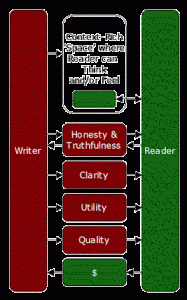
Someone named Dave Pollard made this.
Thoughts on the question: Does a writer owe anything to their readers?
1. A blind item: A writer I think is really talented and original capable of making amazing things severely disappoints me with his current work. I want him to go back to the stuff he wrote near(ish) the beginning of his career. I usually read any of the new work, hoping for the old work to have come back, somehow.
1 a. This new writer-I-don’t-like-so-much came along and ate the writer-I-liked-a-lot. He swallowed him whole. It’s over. Sometimes I tell myself, “go read something else or write something better.”
1 c. I think about a good friend’s adorably woeful expression after she completed Lorrie Moore’s A Gate At The Stairs. “Don’t even think about reading it. Don’t put yourself through what I did,” she said. This friend loved every other word Lorrie Moore had ever written. A “bad” novel feels, somehow, like a personal insult.
2. Some writers say that the minute you think of your audience you’ve stopped writing.
3. A few readers acted as if Ben Marcus had personally come to their home and punched them in the face when he published a story in The New Yorker that didn’t look much like their favorite Ben Marcus stories.
4 a. Other writers think you must consider the reader, that you owe those eyes something.
4 b. So there is a distinction between the “reader” and the “audience,” and the message would be, don’t consider the audience, but do consider the reader? Are we asking writers, then, to be in a more personal relationship with a faceless reader rather than be aware of what an audience, on average, might be expecting?
4 c. How does one make a bridge to those eyes moving across the page, the unspeaking mouth, the concentrated mind?
4 d. And can one consider the reader too much?
5 a. I once was at an author’s reading and there were questions at the end and a woman who had been sitting in the front row and staring hard at the author (I assumed it was some encouraging friend) asked a question that turned into a profuse and unyielding compliment that then turned to a love song that turned into an extended awkward moment while the woman asked the author, “How do you cope with it– telling stories so personal and touching people so directly?” Someone said she had a prozac quiver in her voice and I thought she was going to explode with tears.
5 b. The author just said he doesn’t, that it wasn’t his problem. He puts it out there and you turn it into whatever you want.


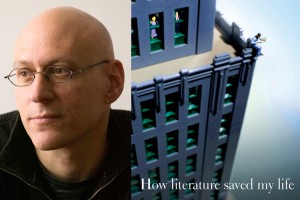
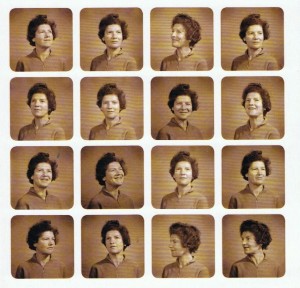
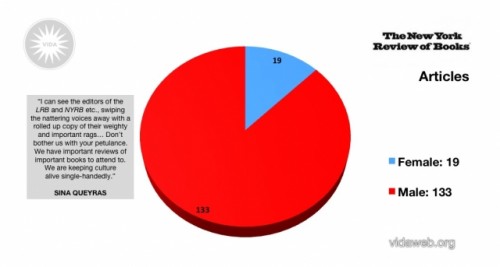
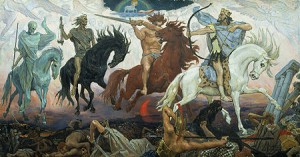
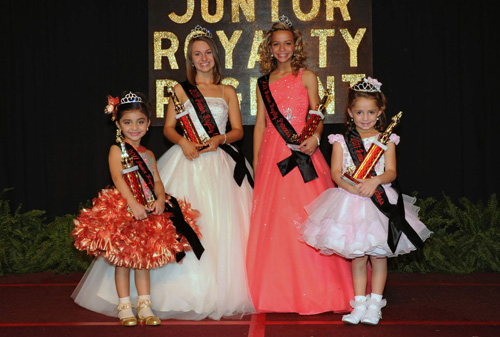
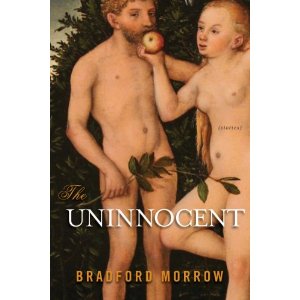

 + Wednesday night I found myself standing in a ballroom on Wall Street in line for coat check beside a librarian who was wearing a button that said “Tax The Rich.” Ignoring her button, you’d think we were the rich (and, in a way, just being invited to pretend to be rich for a night is a kind of wealth) but this was after-party for the National Book Awards and the opulent and gigantic room was filled with writers, publishing folk, and journalists. Many people in the room were a part of the Occupy Writers movement, had participated in the protests or had at least covered them.
+ Wednesday night I found myself standing in a ballroom on Wall Street in line for coat check beside a librarian who was wearing a button that said “Tax The Rich.” Ignoring her button, you’d think we were the rich (and, in a way, just being invited to pretend to be rich for a night is a kind of wealth) but this was after-party for the National Book Awards and the opulent and gigantic room was filled with writers, publishing folk, and journalists. Many people in the room were a part of the Occupy Writers movement, had participated in the protests or had at least covered them.